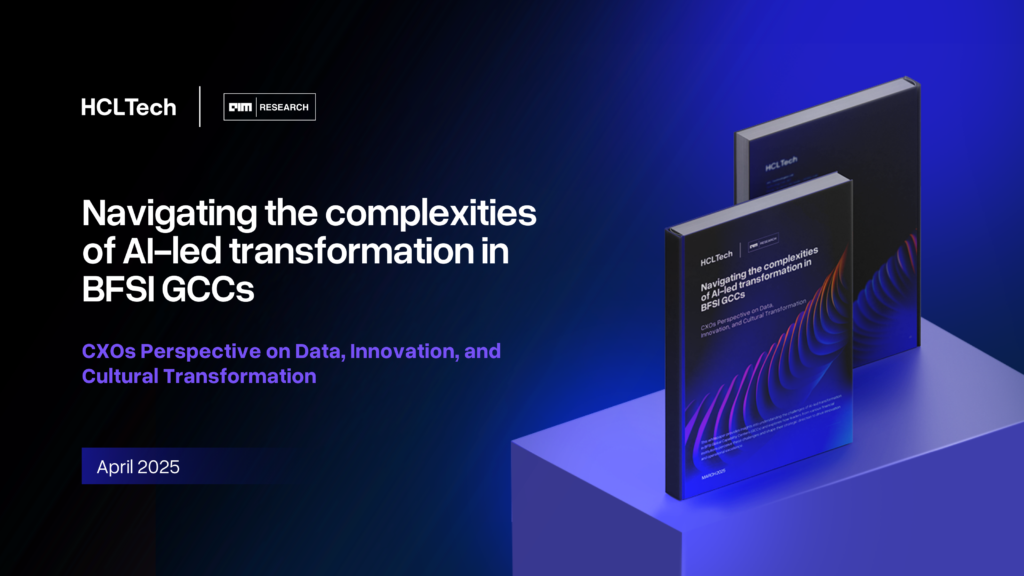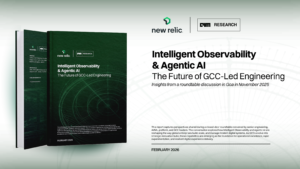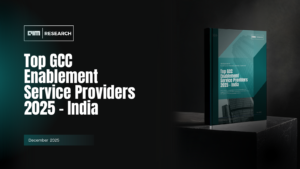[Report] Navigating the complexities of AI-led transformation in BFSI GCCs
- By Navaneeth Ramesh
- Published on
Insights from the CXO Unplugged Roundtable hosted by AIM & HCLTech


Insights from the CXO Unplugged Roundtable hosted by AIM & HCLTech
While global capability centers (GCCs) have undeniably grown in size and influence, their success remains deeply connected to the broader Indian technology ecosystem. A collaborative, partnership-driven approach between BFSI GCCs, Data and AI service vendors, and other stakeholders such as regulatory bodies is essential for navigating an evolving landscape shaped by unpredictable microeconomic shifts, geopolitical tensions, and rapid digital transformations fueled by emerging technologies and the exponential growth of data.
Service providers, having demonstrated creativity and adaptability in the past, must now forge deeper engagements and partnerships to effectively address the unique challenges and opportunities presented by increasingly complex GCCs. This collaboration is particularly critical given the growing importance of data and AI, where the ability to effectively manage and leverage data is paramount. Those who lag in data maturity will inevitably lag in AI adoption. This challenge is further compounded by the geometric progression of data velocity and volume, outpacing the arithmetic progression of current technologies.
The whitepaper outlines five critical challenges, each demanding cross-functional coordination and ecosystem collaboration.
Customer needs are evolving in the AI age, and financial institutions must respond with speed, relevance, and personalization. GCCs are under pressure to deliver value at the intersection of data, experience, and responsiveness. Leaders at the roundtable emphasized that a collaborative data ecosystem is necessary—individual institutions can’t solve these challenges in isolation.
Despite massive volumes of data, institutions struggle to extract meaningful insights. The discussion highlighted the need for focus—prioritizing high-impact use cases, strengthening data lineage, and deploying collaborative data-sharing platforms in trust-deficient domains like syndicated loans.
Unlocking the value of data while ensuring compliance and security is a balancing act. GCCs are investing in governance-first frameworks and tools like LLMs to better manage unstructured data. As noted in the whitepaper, every GCC today is a publisher of unstructured data—demanding AI strategies that are both scalable and responsible.
The inability to quantify AI ROI is one of the biggest hurdles to scaling. CXOs emphasized creating “venture zones” for experimentation and aligning AI KPIs with broader business outcomes. AI, they agreed, must move from being a side initiative to a core component of enterprise strategy.
Innovation cannot come at the cost of compliance. The report notes how financial institutions are navigating complex data residency regulations through privacy-enhancing technologies like tokenization and synthetic identities, while also bringing regulators into early conversations on product development.
AI adoption by Indian BFSI GCCs has progressed steadily, but with strong data foundations now in place, the pace is set to accelerate, driving significant transformations in the coming year.





